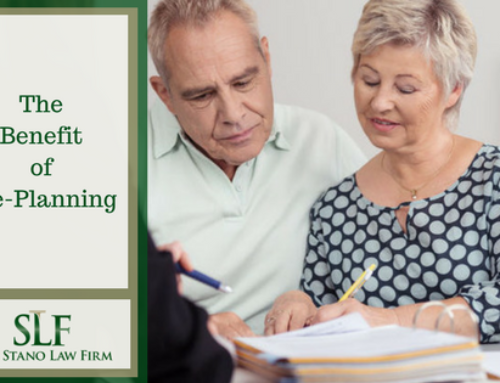It is a question that weighs heavily on many seniors. You have worked hard your entire life to pay off all of the debts that you owe, and you don’t want your loved ones to be responsible for having to take care of them after you are gone. The good news (and the short answer to the question) is that, in general, your surviving kin are not responsible for your bills. The long answer is, of course, complicated. Let’s take a look at the process.
Probate Determines Debt vs. Assets
The first step that occurs after death is a process called probate. This is where your will’s executor sits down and does the math of figuring out just how much debt there is and how many valuable assets your estate has—things like real estate, art collections, investments and other items that hold value.
Once the numbers are calculated, then the executor must pay off as many creditors as possible and distribute the rest to the heirs as directed in the will. This usually means selling off the assets in order to generate the capitol needed to cover the debt.
What Kinds of Debt Are Paid?
The law has determined a hierarchy of just how debt should be paid for an estate. Probate court specifics at the top of the debt list are funeral expenses, real estate and other taxes, and debts called secure debts (like mortgages and cars). Once these debts are all taken care of, then the priority shifts to what are called unsecure debts. This usually means credit cards but could be other forms of debt as well.
If family members wish to take over payments for something like a car or a mortgage instead of the estate having to sell, creditors are typically willing to make an arrangement. They would rather the payments continue in the original form instead of missing out on additional interest. The exception here would be a home equity loan. Typically, these must be paid off and usually must be done with a sale of the home.
Exceptions to the Probate Debt Settlements
First, if a home is jointly owned by a couple, then the home passes to the surviving member. It is not subject to probate court. A home does not become part of an estate until all owners of the home have passed away.
Retirement accounts are also not subject to probate court. IRAs or 401ks will pass directly to the beneficiary instead of becoming part of the final estate. There are some very rare cases where this rule doesn’t apply.
Life insurance is also an exception to the probate process. The money from an insurance policy passes directly without having to become part of the estate and thus subject to the probate.
Stano Law Firm Can Help with Probates and Wills
If you need assistance with a will, estate plan or probate issues, contact Stano Law Firm today.








Leave A Comment